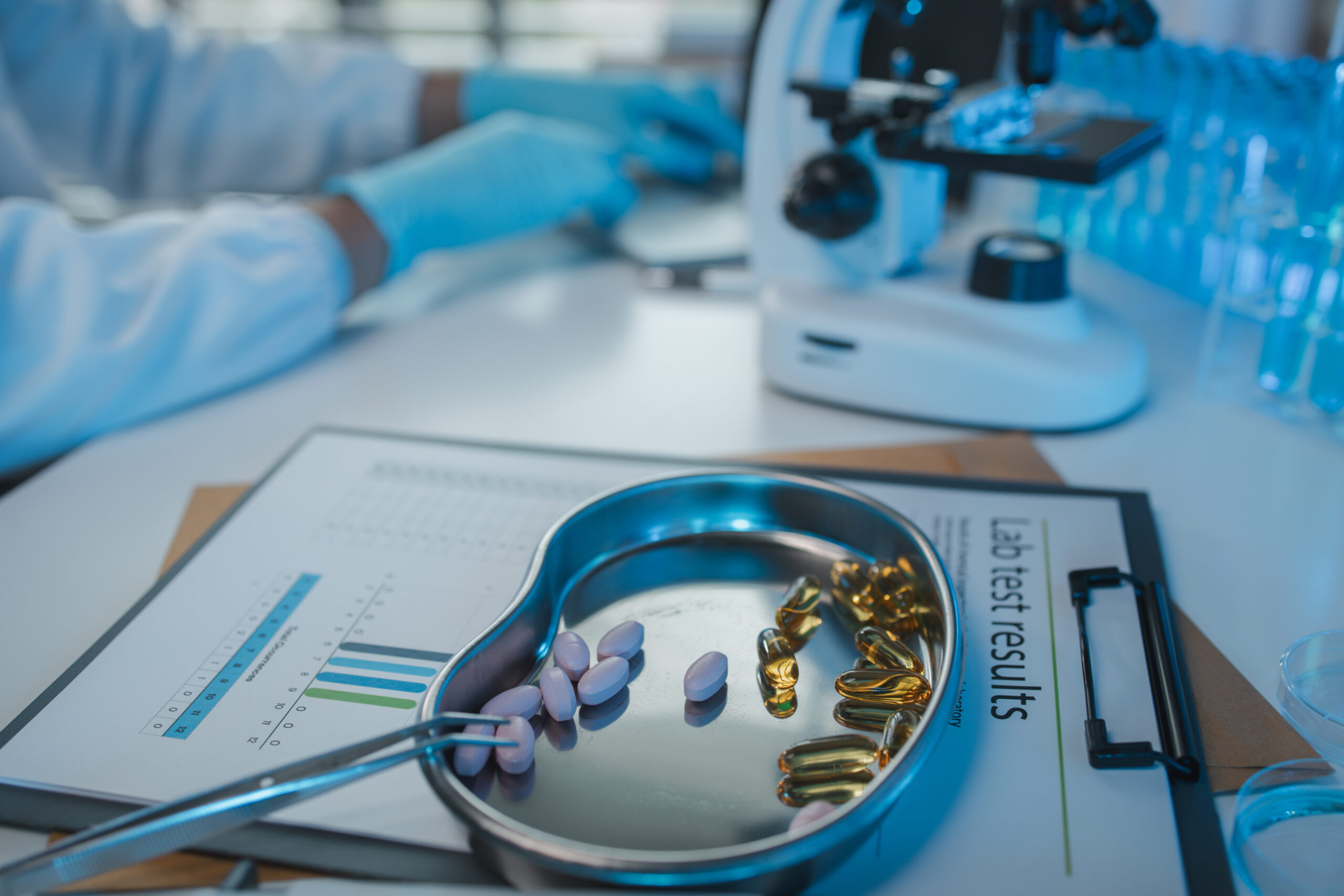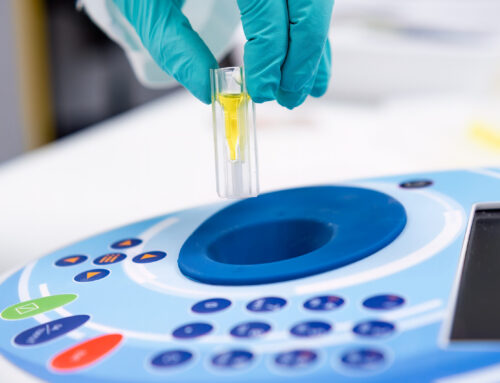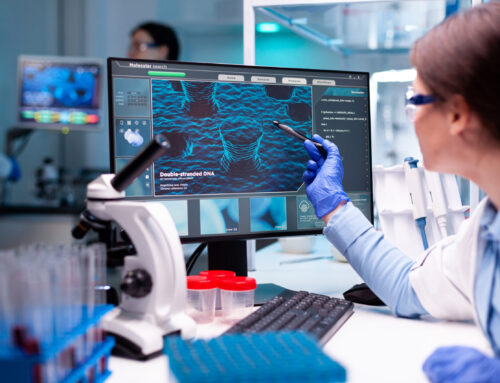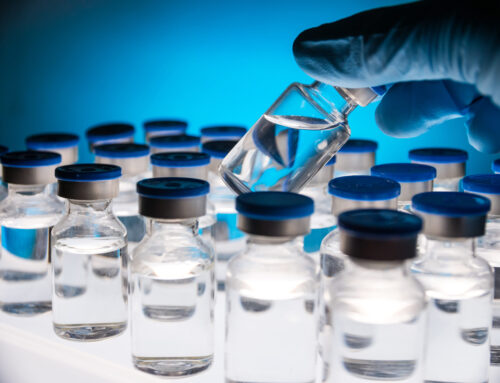Biologic therapy—often referred to simply as “biologics”—represents a major advancement in the treatment of autoimmune conditions. These targeted therapies are derived from living organisms or their cells and are designed to interfere with specific components of the immune system that drive inflammation and tissue damage.
What Are Biologics?
Biologics are large, complex molecules such as monoclonal antibodies or receptor modulators that specifically target certain immune pathways. Unlike traditional immunosuppressants (which broadly suppress the immune system), biologics offer precision by blocking individual cytokines, cell receptors, or immune cells that are overactive in autoimmune diseases.
Conditions Treated with Biologics
Biologics are approved for a range of autoimmune and inflammatory conditions, including:
- Rheumatoid arthritis (RA)
- Psoriasis and psoriatic arthritis
- Ankylosing spondylitis
- Crohn’s disease and ulcerative colitis
- Lupus (SLE)
- Multiple sclerosis
- Type 1 diabetes (in trials)
How Biologics Work
They target key players in the immune response, such as:
| Target | Example of Biologic | Effect |
| TNF-α (tumor necrosis factor) | Adalimumab (Humira), Infliximab | Blocks inflammation signal |
| IL-6 | Tocilizumab (Actemra) | Reduces joint damage in RA |
| IL-12/23 or IL-17 | Ustekinumab (Stelara), Secukinumab | Targets skin and gut inflammation |
| B cells | Rituximab (Rituxan) | Reduces autoantibody-producing B cells |
| T cell co-stimulation | Abatacept (Orencia) | Inhibits T cell activation |
| JAK pathway (small molecule, not a biologic but related) | Tofacitinib (Xeljanz) | Disrupts signaling for inflammatory proteins |
Benefits of Biologics
- Targeted action means fewer systemic side effects
- Can induce remission or significant symptom relief
- May prevent long-term damage to joints and organs
- Often used when conventional therapies fail
Risks and Considerations
- Increased susceptibility to infections (especially TB, fungal)
- Potential for infusion or injection site reactions
- Expensive, although biosimilars are lowering costs
- Some may lose effectiveness over time or trigger antibody formation
Biomarker and Personalized Use
Biologic therapy is increasingly guided by:
- Biomarker testing to match the right biologic to the right patient
- Therapeutic drug monitoring (TDM) to measure drug levels and antibodies
- Genetic testing (in some cases) to assess responsiveness or risk
Functional and Holistic Considerations
In a functional medicine approach, biologics may be used alongside:
- Gut healing protocols
- Anti-inflammatory diets
- Stress management
- Detox and microbiome balancing
This integrative approach can improve outcomes and potentially reduce the need for lifelong immunosuppression.





